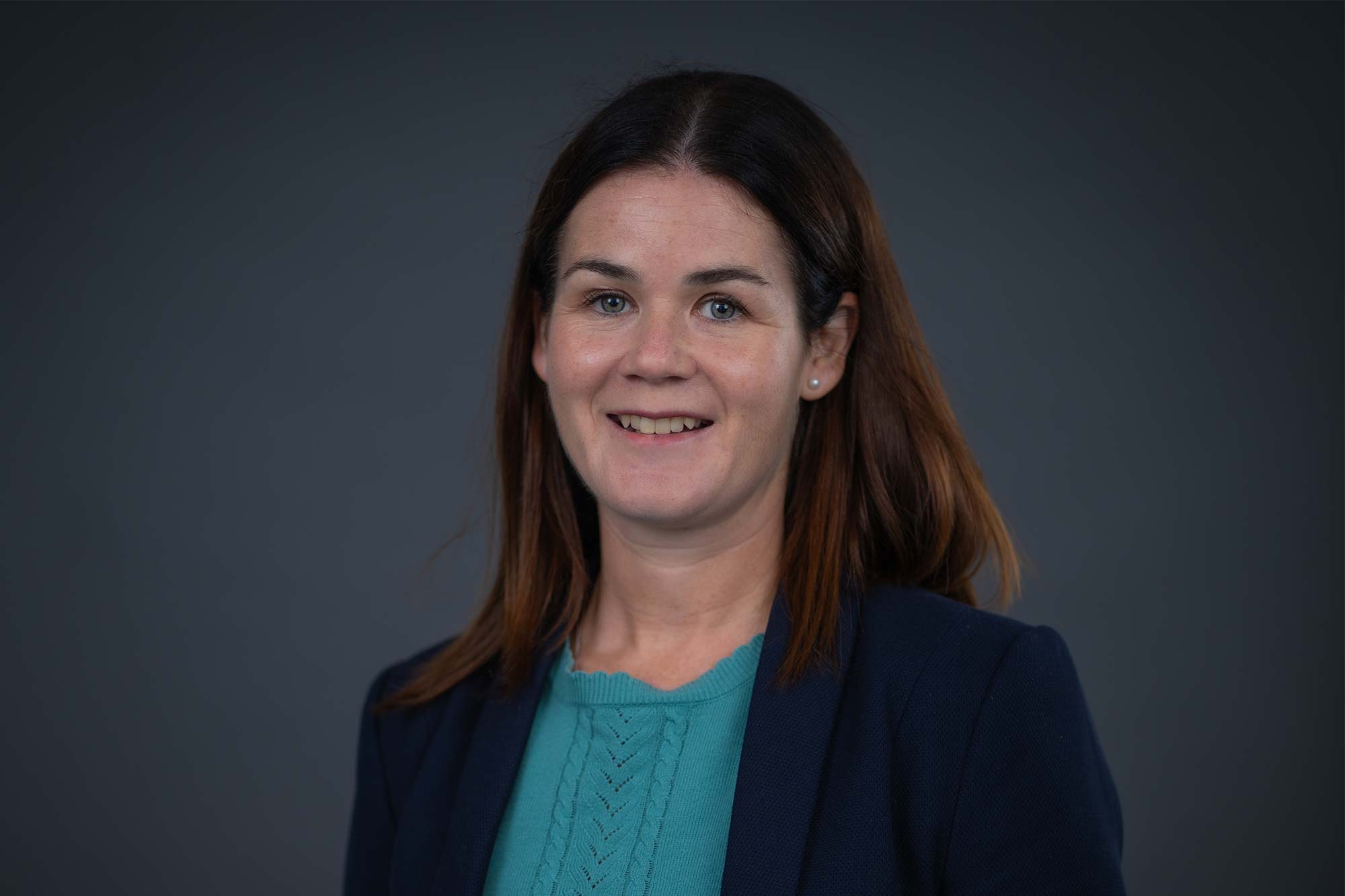- Prospective Applicants
-
Current PhD Researchers
- Careers and Opportunities
- Careers
- Go Global
- Science Shop
-
Supervisors
- Find a PhD
- PhD Manager
The Civic Ecology and Life Infrastructure Research Group (CELI) collectively encompasses the significant global societal challenges of health, demographic change and wellbeing; food security; sustainable agriculture the bio-economy; smart, green and integrated transport; climate action, environment, resource efficiency and raw materials; and inclusive, innovative and reflective societies in a changing world. Disasters futures thinking and alternative scenario building are fundamental ‘design thinking’ talents necessary in meeting these challenges in the 21st century world. CELI, Safety Engineering and Disaster Management: In any post-disaster recovery period the safety, health and wellbeing of directly affected people in paramount with humanitarian relief workers less concerned with civic ecology and life infrastructure. However as the disaster abates and the process of normalisation ensues these aspects of humanity require equal standing. As the focus turns to ‘human livelihood’ recovery, clean-up, and preparing for future hazards environmental concerns need to be firmly integrated. Relatedly it is of necessity that we restore the levels of (functional and indigenous) biodiversity. Unless some action is taken to restore the ecological status of those habitats, while it is still possible, plant invasions may permanently change the species assemblage of key habitats, leading to dramatic changes in the capacity to provide all kinds of ecosystem service.
The built environment is symbiotic with the natural environment and as such they are, together, the essence of all life infrastructure. It reflects who we are in the human ontological project, it protects and enhances our ethical and societal needs yet all the while it contributes to our vulnerabilities Research projects under this theme will address the societal challenges presented by UN Sustainable Development Goals, Sendai Framework for Disaster Risk Reduction and UN Framework Convention on Climate Change.
A non-exclusive list of potential research projects includes:
*Disasters Futures Thinking and Alternative Scenario Building
*Addressing future vulnerabilities, risks and threat saliences
*Disaster management and response: Socially responsible actions
*Engineering nature-based solutions to establish pollinator pathways
*Biodiversity actions on critical ecosystems post-disaster
*The impact of eco-gentrification on restoration of key habitats in post-disaster recovery
*Sustaining food security in an evolving built environment: community health and environmental impacts
*Making space for the ‘correct green space’ in cities and towns.
Research under this theme will ordinarily engage you in a balanced mix of desk top studies, laboratory analysis and field work. The campus’s facilities extend across our extensive physical and online library resource, combined with appropriate analytical software. The research supervisory and advisory team have a wide range of industry experience and maintain a strong link with industry, professional bodies and civic society, which greatly enhances your research environment. Each doctoral candidate has supervisory team, experienced and actively researching in the topic area. You will be afforded the opportunity to develop focused study and research skills to address your project-specific requirements.
Applicants should hold, or expect to obtain, a First or Upper Second Class Honours Degree in a subject relevant to the proposed area of study.
We may also consider applications from those who hold equivalent qualifications, for example, a Lower Second Class Honours Degree plus a Master’s Degree with Distinction.
In exceptional circumstances, the University may consider a portfolio of evidence from applicants who have appropriate professional experience which is equivalent to the learning outcomes of an Honours degree in lieu of academic qualifications.
If the University receives a large number of applicants for the project, the following desirable criteria may be applied to shortlist applicants for interview.
The University offers the following levels of support:
The following scholarship options are available to applicants worldwide:
These scholarships will cover full-time PhD tuition fees for three years (subject to satisfactory academic performance) and will provide a £900 per annum research training support grant (RTSG) to help support the PhD researcher.
Applicants who already hold a doctoral degree or who have been registered on a programme of research leading to the award of a doctoral degree on a full-time basis for more than one year (or part-time equivalent) are NOT eligible to apply for an award.
Please note: you will automatically be entered into the competition for the Full Award, unless you state otherwise in your application.
The scholarship will cover tuition fees at the Home rate and a maintenance allowance of £19,000 (tbc) per annum for three years (subject to satisfactory academic performance).
This scholarship also comes with £900 per annum for three years as a research training support grant (RTSG) allocation to help support the PhD researcher.
Due consideration should be given to financing your studies. Further information on cost of living
Submission deadline
Monday 19 February 2018
12:00AM
Interview Date
12 March 2018
Preferred student start date
mid September 2018

Telephone
Contact by phone
Email
Contact by email